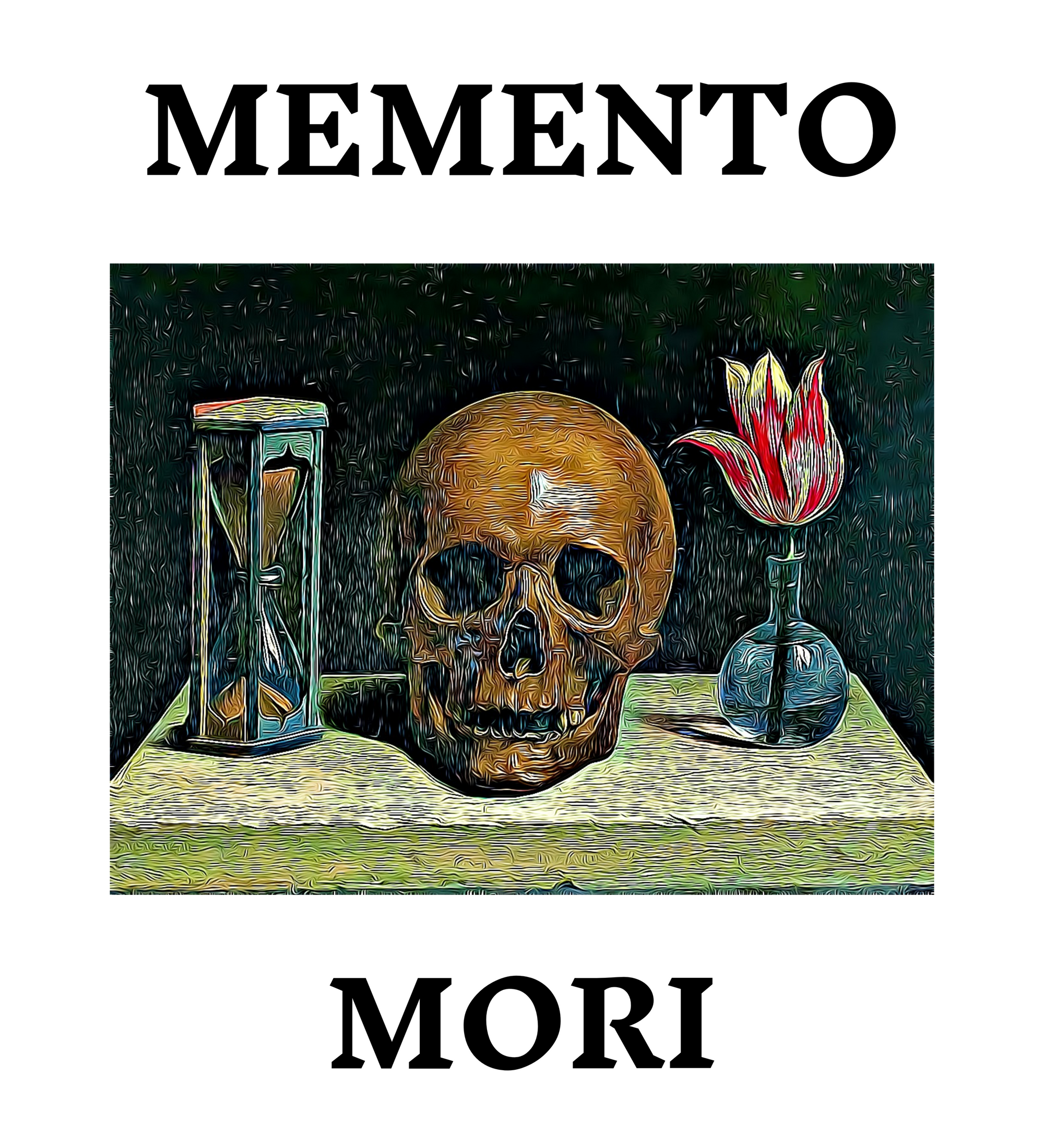always keep death in your perspective (part 1)

“I am time, the destroyer of all; I have come to consume the world. Even without your participation, all the warriors gathered here will die.”
If these words sound familiar to you, then you’re not wrong. In fact, this quote has been circulated numerous times among people through different publications, and these are the words that have made the Bhagavad Gita widely known all around the world.
It was this exact verse that came to Robert Oppenheimer’s mind as he witnessed the first atomic bomb explode across the desert sky on July 16th, 1945.
The Sanskrit word used in the original verse is “kaal,” which refers to both time as well as death. They mean the same thing because, in time, everything dies.

Everything is ephemeral, and all events in nature eventually get buried under the sands of time. Time is the ultimate destroyer — it counts and controls the lifespan of all beings.
As Eknath Easwaran explains, “Time is death; time is separateness. Its all-devouring jaws are following us always, closer than our shadow. As we grow older and our family and friends begin to pass away, we see how relentlessly time is pursuing all of us; every death should remind us of the imminence of our own.”
Easwaran further adds, “People with whom we played and laughed – they are no more. Great figures who have walked across the stage of life – they are no more. Dynasties and empires have returned to dust. It is only because of the mercy of the Lord that you and I survive each day.”
We have all come across people who were physically strong, stealthy, and seemed invincible and indestructible to us. And yet, in the prime of their lives, death came for them and they were gone forever. As difficult as it may be to accept our mortal existence, we must constantly remind ourselves that death can come at any moment. Living in denial of this truth can bring some grave consequences for you and your loved ones.


